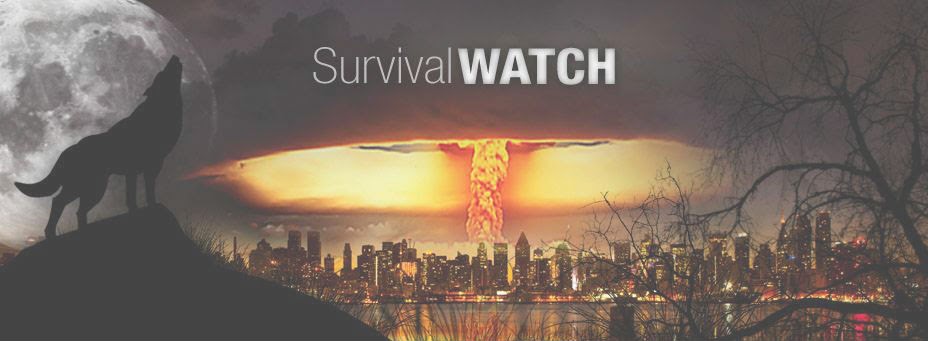I'm a Liberal and a Catholic and I'm also a gun owner, which makes me something of an enigma or at best a public contradiction; because despite my politics and religion I strongly support the Second Amendment.
May 28, 2014
May 14, 2014
Disaster Preparedness
What's the Government Afraid of: Why the Founding Fathers would be shocked. Part 3 of 5
A friend of mine happened upon a group of people sitting on the grass in a New York park discussing the nature of disasters with a writer named Rebecca Solnit. He is a fan of her work and so he stayed to listen as she talked about the mainstream media depiction of disasters: Everyone for himself; females screaming helplessly; males raping and stealing TV sets; the lone hero saving his family, and; authorities struggling to restore order.
In reality, Solnit said, people do not panic. They help one another and work together even putting themselves at risk to do so. People are the first to establish first aid, food, water, etc. while the authorities, as we know, step in much later. When people come together to help and support one another there is a natural sense of elation and an awareness of how things should be. She pointed out that recognizing things can be better is often the first stirrings of revolution.
Unlike people, authorities do panic after a disaster. They are fearful of change which they do not control, and they are fearful of the revolutionary possibilities. All of these elements were evident in the recent Occupy Movement and they are present in the current Patriot language. Solnit has written about this in her book A Paradise Built in Hell, which provides some analysis of the aftermath of the possible disasters mentioned above.
For example: Global weather changes are going to create social havoc as a result of shifting weather patterns, flooding, loss of food production, and loss of available drinking water. The same goes for other manmade disasters such as cyber-attacks and terrorist-attacks. Some of the people are going to spend time building armed barricades and others are going to spend time changing the system that has created the mess. Love for our children and grandchildren say that we should be doing the latter, but that shouldn’t include giving up our rights.
We should learn a lesson from Hurricane Sandy where the relief from people working together to help each other exceeded all the efforts of city government, FEMA, and the Red Cross. The same holds true for major earthquakes and other natural disasters. The solution is to organize locally, get to know the people in our communities and find out who needs extra help. We should hold neighborhood functions regularly to assess and strengthen collective readiness, and set aside supplies and tools for the neighborhood as well as for our own use. It’s also important to be trained and ready, such as attending Community Emergency Response Team courses.
Whether we like it or not, we are all part of a complex interdependent system of human beings. We need to find well-being in each other; and recognize that there can be no peace in our communities or around the world unless there is social and economic justice. That can't happen until multi-national corporations and big money are driven out of the government and democracy is returned to We the People.
Subscribe to:
Posts (Atom)
